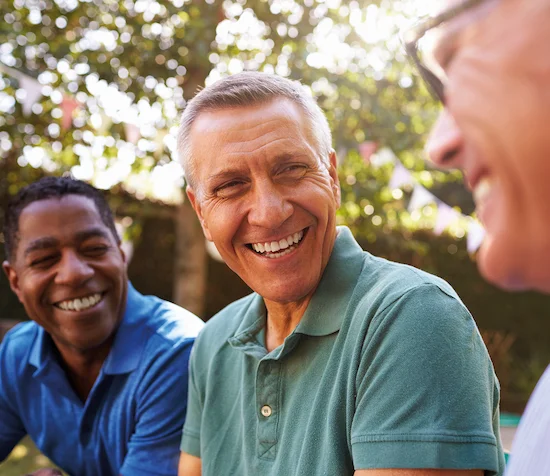Male hair loss, especially androgenetic alopecia (male pattern baldness), is influenced by genetics and hormones, but daily habits and lifestyle factors can accelerate or worsen the process. Understanding and adjusting these habits can help slow hair thinning and maintain healthier hair.
1. Poor Hair Care Practices
- Frequent Use of Harsh Chemicals:
Excessive use of strong shampoos, dyes, bleaches, and chemical treatments can weaken hair strands and irritate the scalp, leading to breakage and increased hair shedding. - Over-Washing Hair:
Washing hair too often strips away natural oils (sebum) that protect hair follicles, resulting in dry, brittle hair and a compromised scalp environment. - Rough Handling:
Vigorous towel drying, aggressive brushing, or pulling hair tightly into hairstyles (like ponytails or braids) causes mechanical stress that damages hair shafts and may trigger traction alopecia.
2. Poor Diet and Nutritional Deficiencies
- Lack of Essential Nutrients:
Hair follicles need vitamins (A, C, D, E), minerals (iron, zinc), and proteins to grow healthy hair. Deficiencies can cause hair thinning or shedding. - Excessive Processed Foods and Sugar:
Diets high in processed foods and sugar increase inflammation and disrupt hormone balance, negatively impacting hair growth cycles.
3. Chronic Stress
- Physical and Emotional Stress:
Prolonged stress triggers the release of cortisol and other stress hormones that can push hair follicles into a resting phase (telogen effluvium), leading to diffuse hair shedding. - Poor Stress Management:
Lack of relaxation or coping mechanisms can exacerbate hair loss over time.
4. Smoking
- Reduced Blood Flow:
Smoking damages blood vessels and reduces scalp circulation, starving hair follicles of oxygen and nutrients. - Increased Oxidative Stress:
Toxins from cigarettes cause oxidative damage to hair follicle cells, accelerating hair thinning.
5. Excessive Alcohol Consumption
- Dehydration:
Alcohol dehydrates the body and scalp, weakening hair. - Nutritional Deficiencies:
Heavy drinking impairs absorption of essential nutrients needed for hair growth.
6. Inadequate Sleep
- Disrupted Hair Growth Cycles:
Sleep is crucial for cell repair and regeneration. Poor sleep quality or insufficient sleep can affect hair follicle renewal. - Hormonal Imbalance:
Lack of sleep elevates stress hormones, worsening hair loss.
7. Ignoring Scalp Health
- Scalp Conditions:
Neglecting dandruff, seborrheic dermatitis, or fungal infections can cause inflammation that weakens hair follicles. - Poor Hygiene or Over-Cleansing:
Both can disrupt the scalp’s natural barrier, encouraging irritation or dryness.
8. Excessive Heat Styling
- Heat Damage:
Frequent use of hairdryers, straighteners, or curling irons at high temperatures can weaken hair shafts and increase breakage. - Chemical + Heat Combination:
Chemical treatments combined with heat styling drastically increase the risk of hair damage and loss.
9. Use of Tight Headwear
- Reduced Scalp Circulation:
Wearing tight hats, helmets, or caps for long hours can restrict blood flow to hair follicles. - Traction Alopecia Risk:
Constant friction and pressure may contribute to localized hair loss.
10. Medications and Supplements
- Certain Drugs:
Some medications (e.g., blood thinners, antidepressants, steroids) can cause hair thinning as a side effect. - Overuse of Supplements:
Excessive intake of vitamins, especially vitamin A or selenium, may lead to hair shedding.
Tips for Healthier Hair Habits
- Use gentle, sulfate-free shampoos and avoid over-washing (2-3 times per week).
- Eat a balanced diet rich in protein, iron, zinc, and vitamins.
- Manage stress with exercise, meditation, or hobbies.
- Avoid smoking and limit alcohol intake.
- Prioritize 7-8 hours of quality sleep nightly.
- Maintain scalp hygiene and treat any scalp conditions promptly.
- Limit heat styling and chemical treatments.
- Wear loose-fitting headwear when possible.
- Discuss medications and supplements with a doctor if you notice hair loss.




